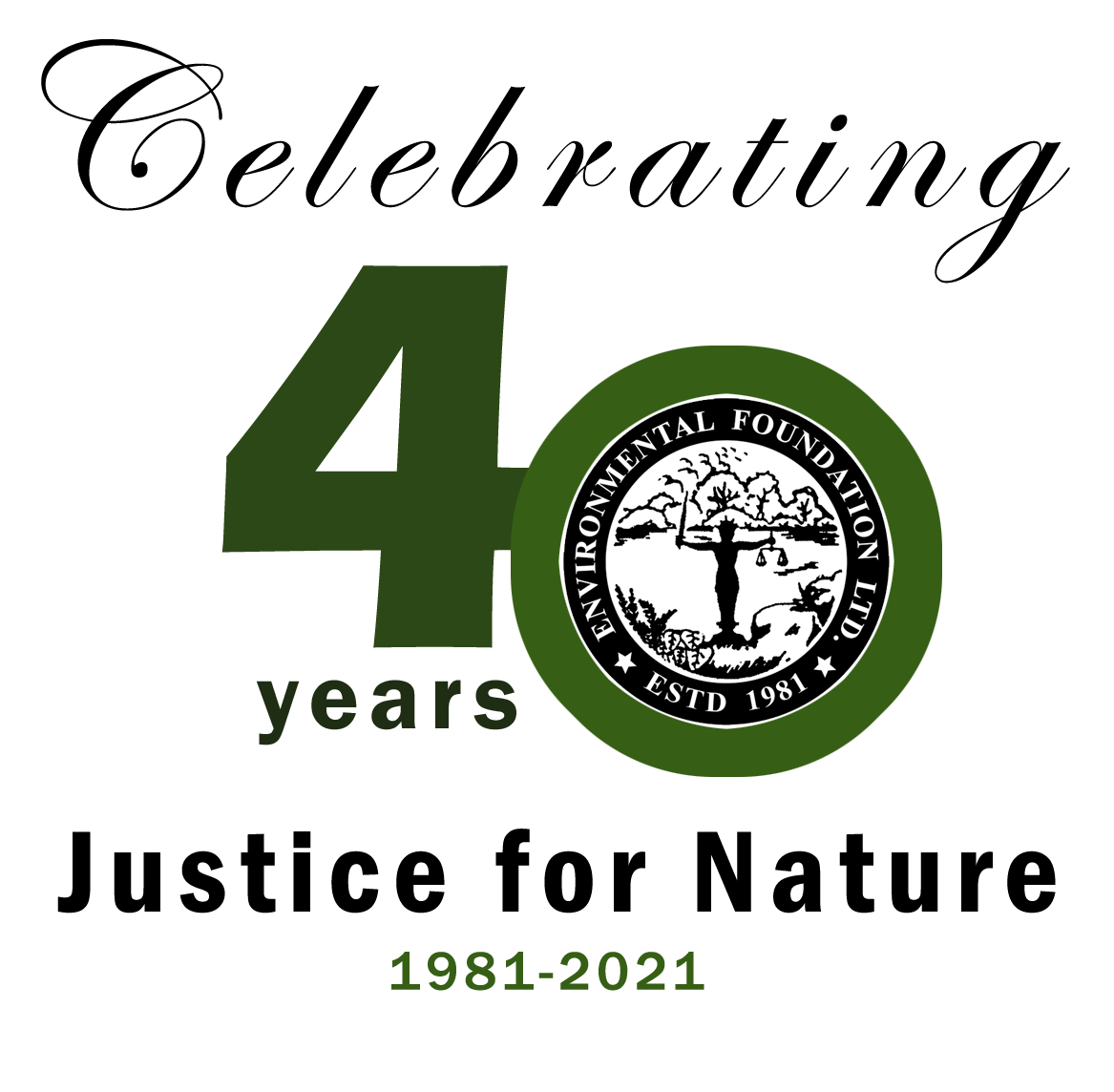කර්තෘ: කුමුදිකා පෙරේරා උධෘතය: තොරතුරු දැනගැනීමේ අයිතිවාසිකම හරහා රාජ්ය පරිපාලනයේ විනිවිදභාවය, සහ වගකිවයුතුභාවය ළඟා කරගත හැකිය. මුල් අයිතිය: Daily Mirror මහජන අදහස් විමසීම සහ මහජන සහභාගීත්වය, පාරිසරික බලපෑම් තක්සේරු කිරීමේ (EIA) වාර්තා ක්රියා පටිපාටියේ වැදගත් අංගයක් උසුලන බව මින් පෙර සාකච්ඡා කරන ලදී. එමෙන්ම මහජනතාවට පරිශීලනය කළ හැකි තොරතුරු ද මහජන සහභාගීත්වය ඔප්නැංවීමට අවස්ථාව සලසයි. ශ්රී ලංකා ප්රජාතාන්ත්රික සමාජවාදී ජනරජයේ දහනවවන ව්යවස්ථා සංශෝධනය, 14A ව්යවස්ථාව මගින් තොරතුරු දැනගැනීමේ අයිතිවාසිකම
By: Kumudika Perera RTI can be a tool for greater transparency and accountability in the EIA process to facilitate public participation effectively. Image Credits- Daily Mirror - Header In EFL’s previous blogs, we have discussed how and why public participation is vital in the process of Environmental Impact Assessment (EIA). Information fed to the public domain is thus important as information increases the effectiveness of public participation and is viewed as a prerequisite for a successful democracy. In
By: Chamindri Liyanage “… the Appellants’ fundamental right to equal treatment and to the equal protection of the law also entitled them to notice and a hearing.” Image Credits: Roar Media Background The Southern Expressway (EO1) that connects the city of Colombo with Galle and Matara is the first expressway built in Sri Lanka. The purpose of the expressway project was to integrate the southern region into the economic mainstream of Sri Lanka and to improve the living
Environmental Foundation (Guarantee) Limited, filed a Fundamental Rights application in the Supreme Court (SC (Ref) 179/16 – pending support) objecting to the use of coal as a source of energy generation and in particular, the proposed Sampur Coal Power Plant, on the 31st of May 2016. The respondents for the case include, among others, the Ceylon Electricity Board, Central Environmental Authority, Ministry of Power and Renewable Energy. The grievances highlighted in the petition include the discrepancies in the EIA as well as the long





